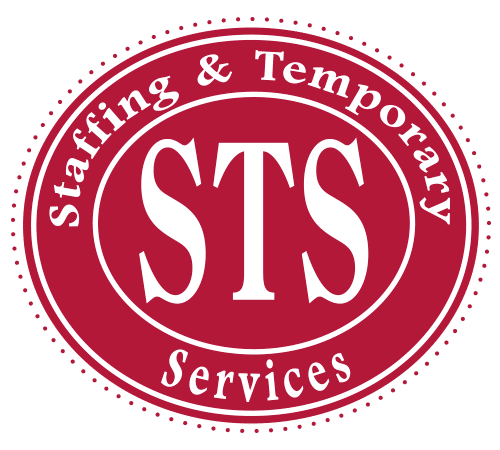Feedback as a Tool for Professional Growth: Unlocking Your Potential
Receiving feedback well is an important part of personal and professional growth. It provides valuable insights, helps identify areas of improvement, and encourages continuous learning. Whether it comes from supervisors, colleagues, or even customers, feedback serves as a powerful tool for self-reflection and development. Embracing feedback not only enhances our skills and knowledge but also strengthens our relationships with others, fosters a culture of open communication, and ultimately propels us forward on our career paths. By understanding the value of feedback and adopting a growth mindset, we can use this powerful tool to propel ourselves toward success and achieve our professional goals. So, let’s dive in and discover how feedback can unlock our personal and career development!
The Power of Self-Reflection and Growth Mindset:
Self-reflection is a large aspect of personal and professional growth. It allows us to think back on our actions, behaviors, and decisions, letting us identify areas of improvement. However, self-reflection alone may not provide us with a full picture. This is where feedback comes in. Feedback from others can offer fresh insights, different viewpoints, and new ideas that we may have been blind to. It challenges us to step outside our comfort zones and embrace growth opportunities. But how do we adopt a growth mindset and use feedback effectively?
One way is to view feedback as an opportunity for growth rather than criticism. When we receive feedback, try to approach it with an open mind, seeking to understand the perspective being shared. Instead of becoming defensive or dismissive, we should embrace the feedback as a chance to learn and improve. By reframing feedback as a valuable tool for growth, we can tap into its ability to help us succeed.
Seeking Feedback from Many Sources:
While feedback from supervisors is commonly looked for and valued, it’s great to broaden our feedback pool. Colleagues, peers, and even customers can provide unique perspectives that shape our understanding of ourselves and our work. Seeking feedback from many different sources gives us a well-rounded view of our strengths and areas for improvement.
It’s helpful to be specific about what we want to learn or improve. Asking targeted questions gives others the chance to provide feedback that matches our goals. For example, if we want to improve our presentation skills, we can ask colleagues for feedback specifically on our delivery, engagement, and clarity. By being intentional in seeking feedback, we can get insights that directly contribute to our growth and development.
Developing Active Listening Skills:
To fully benefit from feedback, it’s essential to develop active listening skills. Active listening goes beyond hearing the words being spoken; it involves truly understanding the message someone is trying to say. By actively listening to feedback, we can be sure that we understand the intended meaning and can reflect upon it effectively.
Active listening involves giving our full attention to the person providing feedback. We can demonstrate active listening by maintaining eye contact, nodding to show understanding and summarizing what we’ve heard for clarity. By showing genuine interest, we create an environment that encourages honest and valuable feedback.
Turning Feedback into Goals:
Receiving feedback is just the first step. To truly make a difference, we need to transform it into goals. Setting specific, measurable, achievable, relevant, and time-bound (SMART) goals helps us form feedback into real actions that drive growth.
For example, if feedback highlights a need to improve our time management skills, we can set a SMART goal of reducing time spent on non-essential tasks by 20% within the next three months. By breaking down feedback into actionable goals, we create a roadmap for our development, and we can track our progress along the way.
Building a Supportive Network for Continuous Feedback:
Feedback shouldn’t be a one-time thing; it should be a regular process. In order to continuously improve, it’s crucial to build a supportive network that provides regular and constructive feedback. By surrounding ourselves with those who genuinely want to see us grow, we create an environment for professional development.
Building a supportive network involves looking for mentors, joining professional communities or organizations, and actively participating in feedback sessions or peer coaching programs. By actively seeking feedback and forming relationships with people who want to grow, we create a feedback loop that moves us toward success.
Conclusion:
Feedback is a powerful tool that can unlock our potential for personal and professional growth. By adopting a growth mindset, seeking feedback from various sources, developing active listening skills, turning feedback into actionable goals, and building a supportive network, we can harness the transformative power of feedback. Embracing feedback not only enhances our skills and knowledge but also strengthens our relationships and propels us forward on our career paths. So, let’s embrace feedback, take action, and revolutionize our professional development for a brighter future.
As you continue on your journey of professional growth, embrace the power of feedback. Use its insights to set actionable goals and create a supportive network that champions your development. By harnessing the transformative power of feedback, you can move yourself towards success and achieve your professional goals. At STS Staffing, we are committed to supporting you every step of the way, making connections that empower individuals and drive organizations forward. Contact us today to get started on your job search journey.




